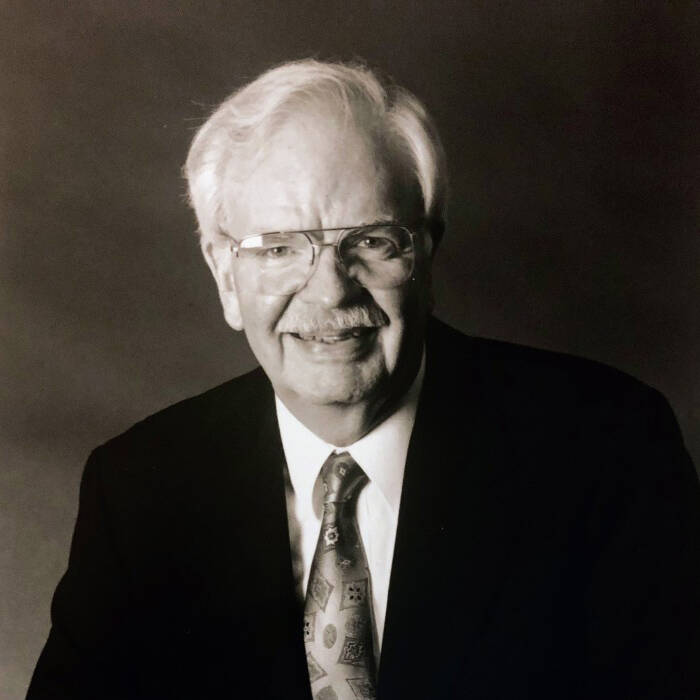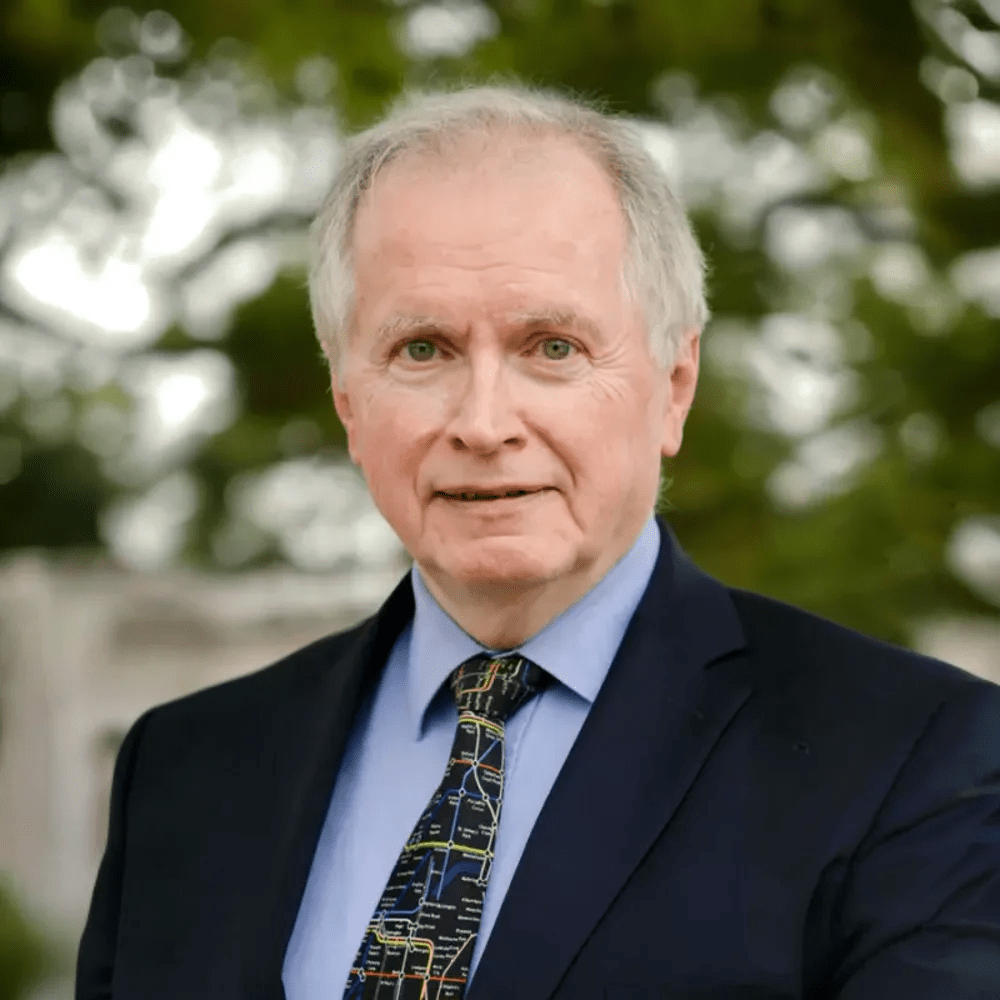Walt Liefeld gave our department, the New Testament Department at Trinity Evangelical Divinity School (TEDS), a distinct flavor. Indeed, it would not be too much to say that for three decades he helped to shape the entire Divinity School.
Born in Brooklyn, New York, in 1927, Walter Lewis Liefeld early learned to trust the Lord Jesus. He deeply committed himself to understanding the Bible, and this shaped his studies, climaxing with a Ph.D. in Hellenistic Religions at Columbia University and Union Theological Seminary. In 1957 he married Olive Ainslie Fleming Liefeld. Their marriage of sixty-four years witnessed the arrival of three children and seven grandchildren; their first great-grandchild was on the way when Walt entered the presence of the Lord.
Walt’s formal ties with Trinity began in 1963, when he joined two other faculty members to constitute the first three full-time members of TEDS, from which he retired in 1994. During this span of just over three decades, his most memorable sabbatical was in Germany: he and the family moved for a year to Tübingen, where he engaged in post-doctoral studies and, as a member of the International Bible Society, worked on the NIV translation. At various junctures, he served as pastor or interim pastor of several churches in New York and Illinois. For two years he served as a visiting professor and then as Interim President at Tyndale Theological Seminary in The Netherlands (2000-2002). The last church he served as senior pastor was Christ Church in Lake Forest, IL.
TEDS went through its share of energetic (not to say “rambunctious”) years of dramatic growth and significant influence. For whatever reasons, in every department, we attracted enthusiastic lecturers who were as interested in worldwide mission as in thoughtful contributions to their respective fields. In all such endeavors, Walt not only pulled his weight but displayed a gentle spirit that invariably encouraged and sometimes challenged others. If such challenging times descended on us, Walt’s voice was among the first to counsel patience and forbearance. Despite his quiet sense of humor that was on frequent display, we cannot recall a time when that humor descended to snarkiness or one-upmanship. It is not surprising that among the students in our charge, he developed a reputation for humility and encouragement. His office door was the destination of countless students, not least international students, who needed kindness as much as exegetical rigor.
One or two notable preachers have been heard to postulate that they will play golf in their resurrection existence in the new heaven and earth because all good things will be found there. By analogy, some of us anticipate hearing Walt play the piano or organ: all good things will be found there. And his baritone voice will be heard in the choirs.


